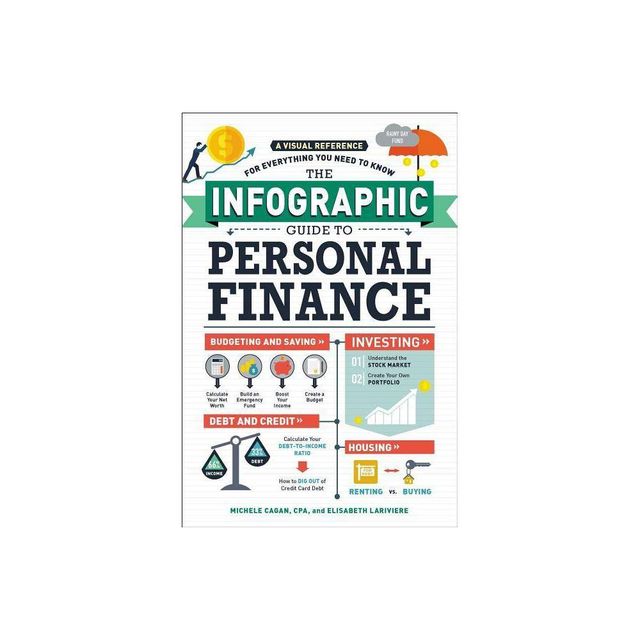
Maximizing Your Money: A Beginner’s Guide to Personal Finance
June 5, 2024Unlock the secrets to financial success with this beginner’s guide to personal finance – learn how to make your money work!

Image courtesy of maitree rimthong via Pexels
Table of Contents
Personal finance can often seem like a daunting topic, especially for those who are just starting out on their financial journey. However, understanding the basics of finance is crucial for making informed decisions about your money and securing a stable financial future. In this blog post, we will explore the fundamentals of personal finance and provide practical tips for managing your money effectively.
Setting Financial Goals
One of the first steps in taking control of your finances is setting clear financial goals. Whether it’s saving for a major purchase, building an emergency fund, or planning for retirement, having specific goals in mind can help you stay motivated and focused on your financial journey. Start by identifying your short-term and long-term financial objectives, and create a realistic plan to achieve them.
Creating a Budget
A budget is a fundamental tool for managing your finances effectively. By tracking your income and expenses, you can gain insight into your spending habits and make informed decisions about where to allocate your money. Start by listing all your sources of income and fixed expenses, such as rent, utilities, and loan payments. Then, allocate a portion of your income towards savings and discretionary spending, making sure to prioritize your financial goals.
Managing Debt
Debt can be a significant obstacle to achieving financial stability, so it’s important to manage it effectively. Start by creating a plan to pay off your existing debts, focusing on high-interest debts first. Consider consolidating your debts or negotiating with creditors to lower interest rates or payment terms. Avoid taking on new debt unless absolutely necessary, and strive to maintain a healthy credit score by making timely payments and keeping your credit utilization low.

Image courtesy of www.amazon.com · In stock via Google Images
Building an Emergency Fund
Unexpected expenses can arise at any time, so it’s essential to have an emergency fund to cover these costs without dipping into your savings or going into debt. Aim to save at least three to six months’ worth of living expenses in an easily accessible account, such as a high-yield savings account. Start by setting aside a portion of your income each month until you reach your target emergency fund goal.
Investing for the Future
Investing is a powerful tool for building wealth over time and achieving your long-term financial goals. Consider investing in a diversified portfolio of stocks, bonds, and other assets to grow your wealth and protect against inflation. If you’re new to investing, start by researching different investment options and seeking advice from a financial advisor. Remember to review your investment portfolio regularly and make adjustments as needed based on your risk tolerance and financial goals.

Image courtesy of shopthemarketplace.com via Google Images
Monitoring Your Progress
Tracking your financial progress is essential for staying on course towards achieving your goals. Regularly review your budget, savings, debt repayment, and investment accounts to ensure that you’re meeting your financial objectives. Use financial tracking tools or apps to monitor your spending and savings habits, and make adjustments as needed to stay on track. Celebrate your financial milestones along the way to stay motivated and encouraged on your financial journey.
Conclusion
Managing your personal finances may seem overwhelming at first, but by following these fundamental principles and tips, you can take control of your money and work towards a more secure financial future. Remember to set clear financial goals, create a budget, manage debt effectively, build an emergency fund, invest for the future, and monitor your progress regularly. By incorporating these practices into your financial routine, you can maximize your money and achieve your financial goals over time.









